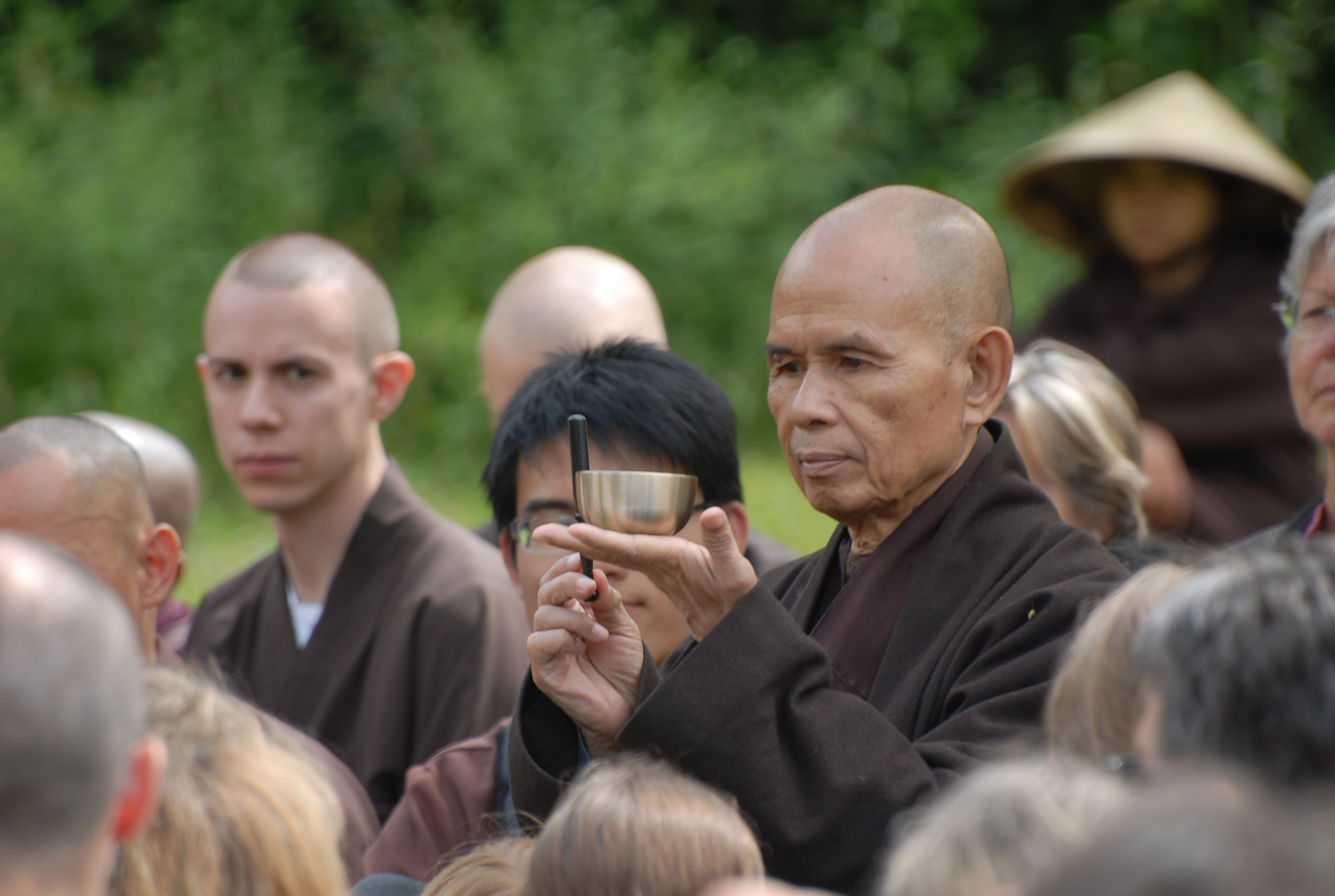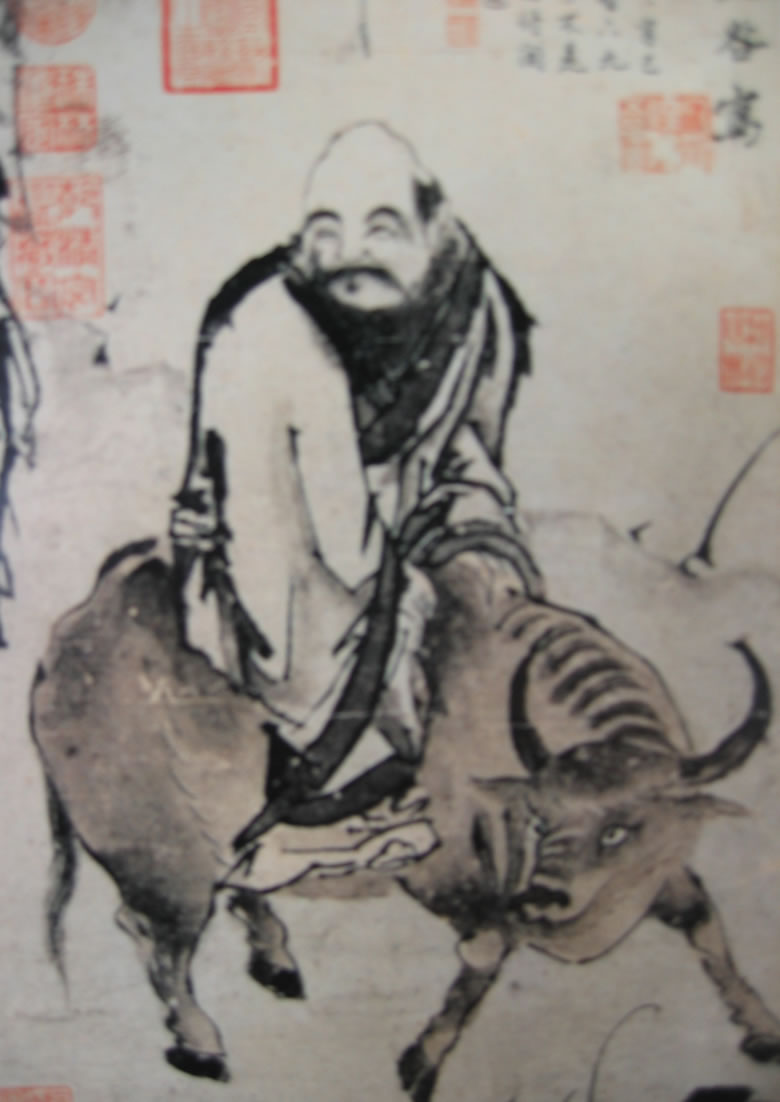 |
| sutra |
I often notice the ongoing mental churn in my mind. It
involves nature, nurture and serendipity giving rise to thoughts, feelings,
words and actions. In the Pali sutras of Buddhism the process is clearly identified.
It is labelled as Papancha and is normally translated as mental proliferation.
These days there is an urge to write stories about what goes
on in my mind. But there is also an urge to be choosy. I aim to speak of those
things that affect many people and not just me. When I deal with personal
topics it is because they have general relevance. I avoid topics that are
atypical and idiosyncratic.
But the choosiness is not an exact science. My ‘I’ is
culturally conditioned and initially linked to a particular time and space. It
is also well travelled, over 60 years in the making, and tending to the
reclusive and introvert. There is therefore the choice of viewing myself as
unique or as being representative of a particular category of being. For
example, in the Kiersey Temperament Sorter, I am an INFP; and I feel well at
ease with comments from members of the Yahoo Group dedicated exclusively to
INFPs.
 |
| Thich Nhat Hahn and sangha |
I am also a long time member of a Buddhist meditation group.
Our weekly practice includes a session of mindful listening and speaking from
the heart. We use a talking stick. Whoever holds the stick speaks and the
others listen. We are a mixed group in terms of lifestyle and temperament but
even so, through sharing, we learn that we are not alone having unique
experiences. We also learn that in many cases, behind the brave faces, there is
a pent up load of existential angst and anomie. It is better for this to be out
than in!
I live alone and am retired. I have no wife or children. I
spend a lot of time reading, writing and meditating. It is easy to be still and
quiet. As a reality check I am also involved with various community groups in
the fishing village in the NE of Scotland where I grew up and to which I have
now returned. I mention these biographical details because they influence what
goes on in my mind and thus the content of this story.
 |
| Lao Tzu leaving |
My studies are mainly about the Dharma – the truth and
teachings of the Buddha. But these days I seek to integrate the old teaching
with the new sciences of evolutionary biology, evolutionary psychology, and of
neuroscience. And there is another twist. I now seek not only objective and
academic understanding but also subjective and heart-felt experience. The
latter offers writing challenges given that, as Lao Tzu noted, “the reality
which can be described is not the real reality” and that “those who know do not
speak”.
For most of my working life I could concentrate and remain
focussed for several hours at a time. I operated in flow and kept very busy.
This was useful and productive at the worldly level but it meant that I rarely
had time to stand and stare. During the slack times mental proliferation ran
riot and I escaped the linked dis-ease through the distractions of wine, women
and song. The notion of the illusory self ran wild and self indulgent.
In the more senior years – the last 20 or so – there has
been more regular sitting. This is at times infested with mental proliferation
and at other times by sloth and torpor. But increasingly the sitting slips into
the mode of “no-self and outwith space and time”. This is very peaceful and seems
correct and as it should be. There is an awareness of the Oneness which is
everything. But, as noted above, words cannot do it justice.
There has also been an increase in everyday Zen and in 24/7
mindfulness. There is awareness of what is going on in the mind and thus a
release from habits and from unthinking reactions. Shopping and cooking, washing
the dishes, answering the phone, and squeezing out healthy defecations are
suffused with a spiritual glow. There has been a paradigm shift in perception. The
world is more numinous.
Several years ago I took a course in creative writing. I did
not make as much use of it as I might have. Why invent stories when I can
report on the never ending outpouring of papancha? Why indeed?
I now see that there was a problem figuring what to do with
the inchoate churn that was generated as the mind ticked over and invented hazy
and ephemeral patterns energised by hypothetical intentional agents. There was
a never ending torrent of linguistic and emotional diarrhoea passing through
the attention centre in insubstantial and short lived thought trains. The mind
had a mind of its own. And its purpose seemed to be to scan the environment for
potential rewards or punishments and to prepare the mind and body for
appropriate action.
I have stumbled upon two ways of writing about this. They include
elements of journaling and of blogging. Both are founded on the notion that Papancha
flows from the unconscious and some of it reaches consciousness. There is a pre-planned
method and an emergent method.
Pre-planned
The conscious bits of Papancha are noticed, labelled and
mind mapped. This results in a structured skeleton upon which to hang the
details of a story. The pre-planned principle is “think first and then write”.
Rationality and consciousness are in charge – or at least they think they are.
Emergent
The emergent principle is to “just write”. Intuition and the unconscious are fundamental
sources of ideas but it is not quite right to say they are in charge. The idea
is to “be in the mood” and to leave it to the “muse”. Ideally perfectly edited, original text would
be generated by the unconscious. But, in my experience, there are usually several
rough edges that need sorting by rational consciousness.
>>>>> <<<<<
This story emerged. It began yesterday and is now finishing.
On rereading I see that it is in essence about the unspeakable dharma and about
the psychology of perception. Words, sentences, paragraphs and pages are
created and made available on the internet where they might prove useful to
other dharma seekers.
Mental proliferation (Papancha) will not go away in a hurry.
It is a source of much suffering but it need not be. It can be harnessed for
generating many dharma stories. By taking thought we can know it for what it is
and thus neutralise its unwholesome effects.
No comments:
Post a Comment